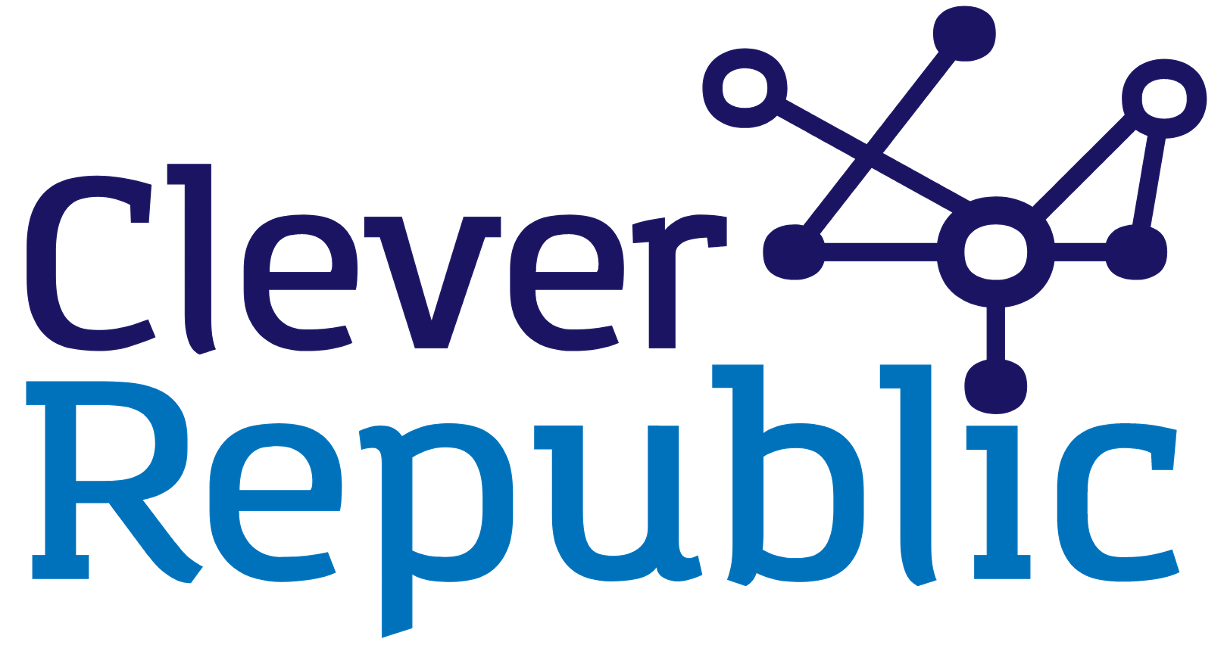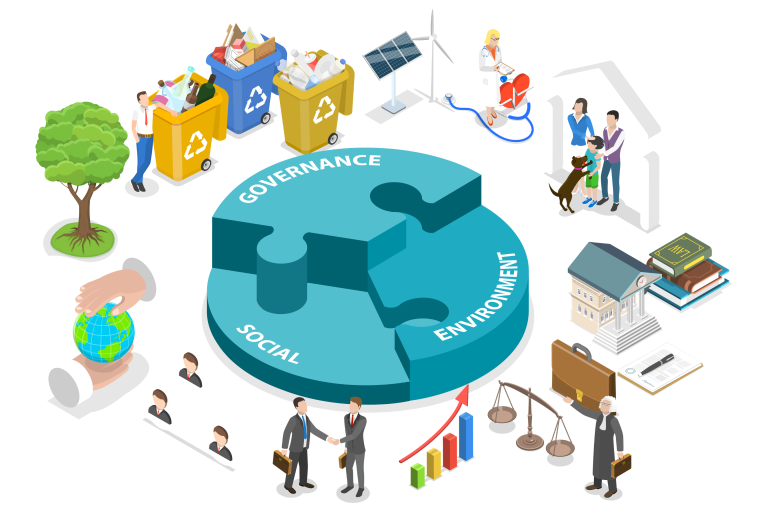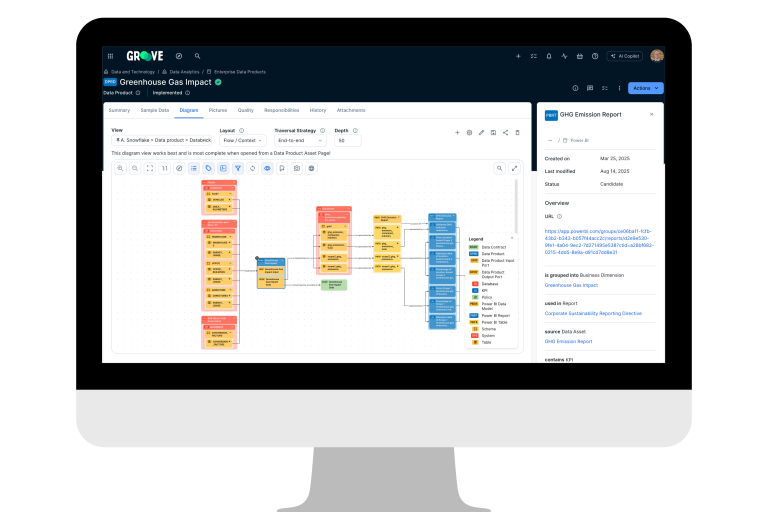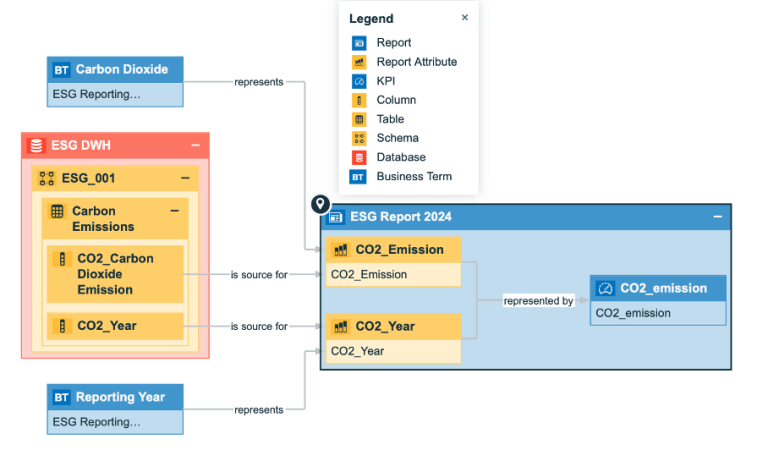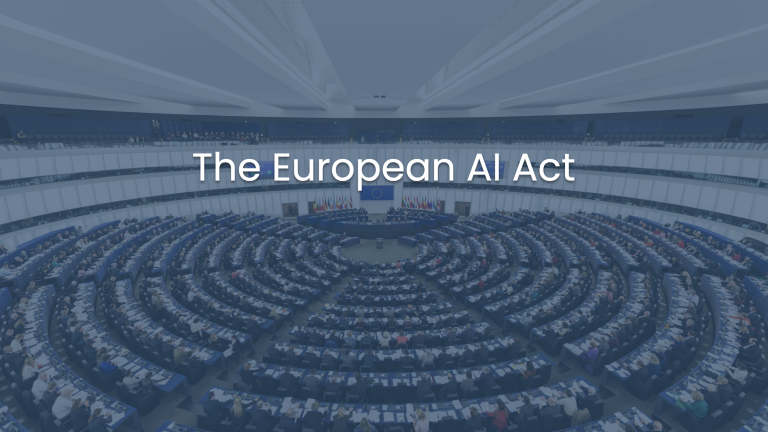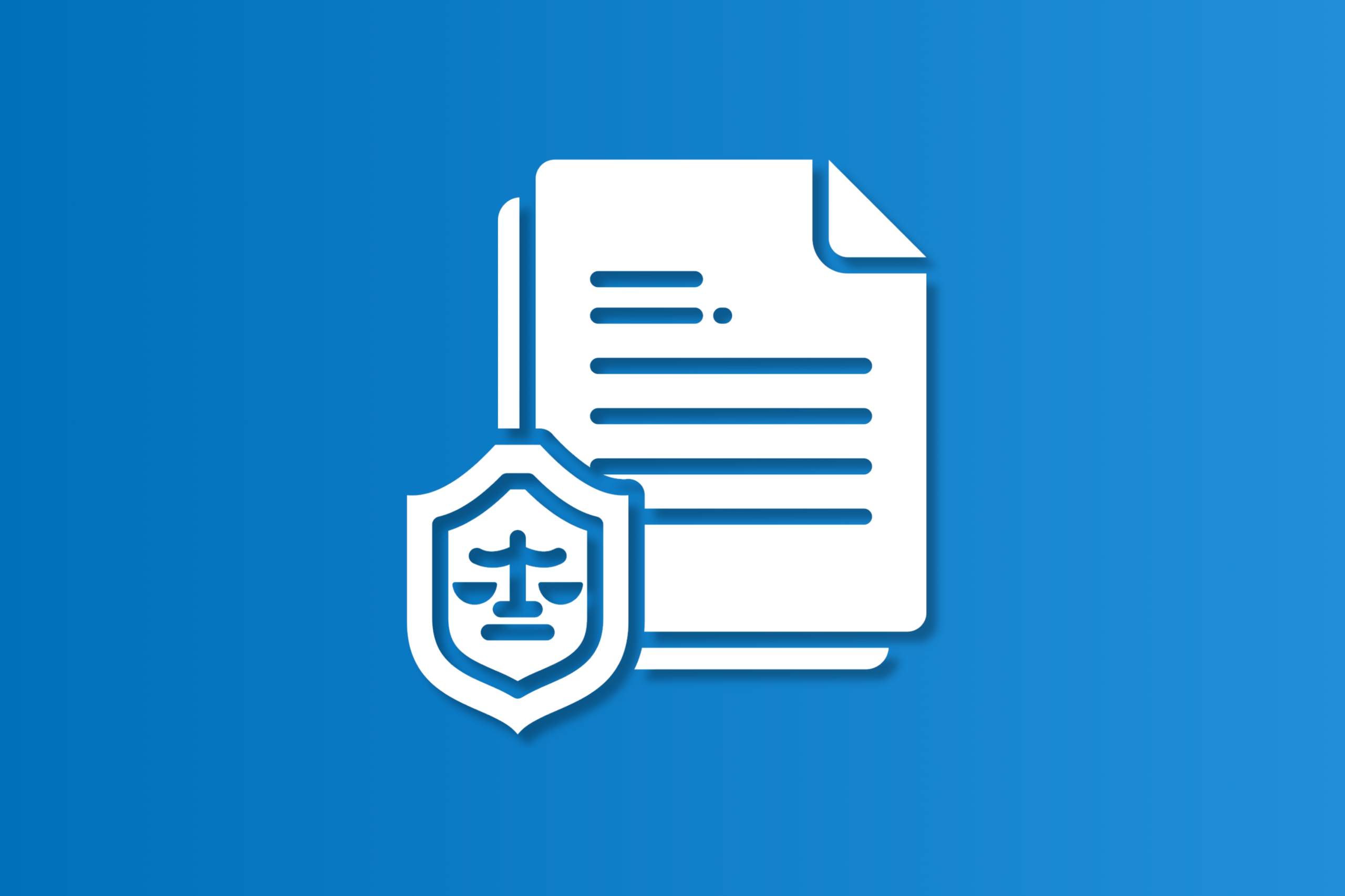
Compliance is more than just a legal checkbox. Organisations must prove they handle data responsibly, transparently, and in line with regulations such as the GDPR, AI Act, and CSRD.
Strong Data Governance is the enabler. It ensures that data is classified, documented, and controlled. This turns complex regulatory requirements into manageable processes — reducing risk while building trust with regulators, customers, and stakeholders.
Without Data Governance, compliance remains reactive and fragmented. With it, organisations gain control, efficiency, and the ability to demonstrate accountability with confidence.
Compliance through Data Governance
Data Governance provides the foundation to comply with regulation. By defining roles, responsibilities, and rules, organisations can operationalise compliance rather than treating it as a one-off project.
A governance program:
- Identifies critical data linked to regulatory obligations (e.g. personal data for GDPR, ESG metrics for CSRD).
- Sets policies and controls that align with laws and standards.
- Ensures traceability and auditability through lineage, metadata, and quality checks.
- Embeds compliance into daily business processes, not just in reports.
This approach transforms compliance into a business advantage — strengthening trust, reducing risks, and unlocking the value of high-quality, well-governed data.

Services we provide
We design governance structures, roles, and policies that translate regulation into business-aligned Data Governance practices.
We configure tools, workflows, and monitoring processes to embed compliance in daily operations — making GDPR, CSRD, or AI Act requirements traceable and demonstrable.
We train teams on Data Governance practices that enable compliance. From business stewards to legal teams, everyone learns how to apply governance in their role.
